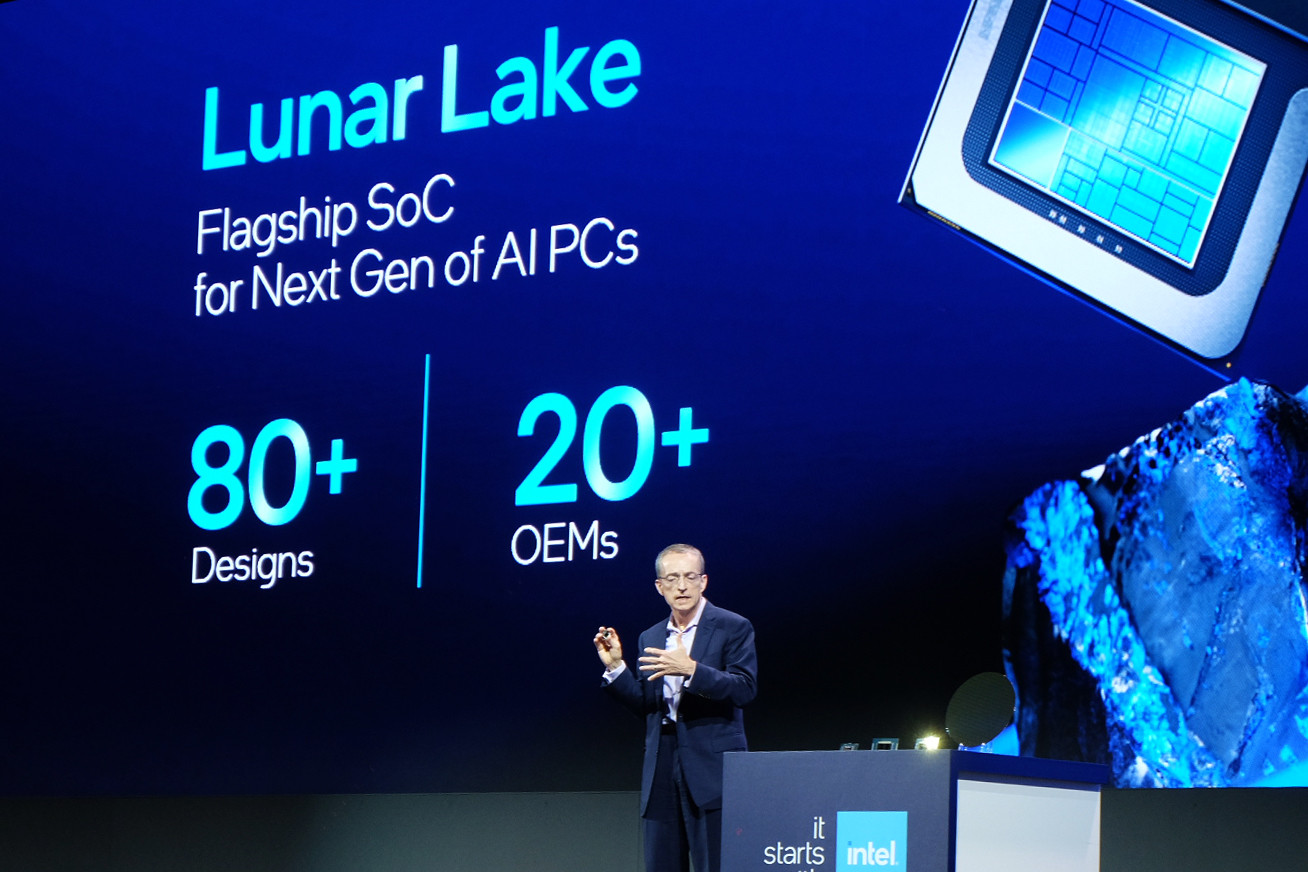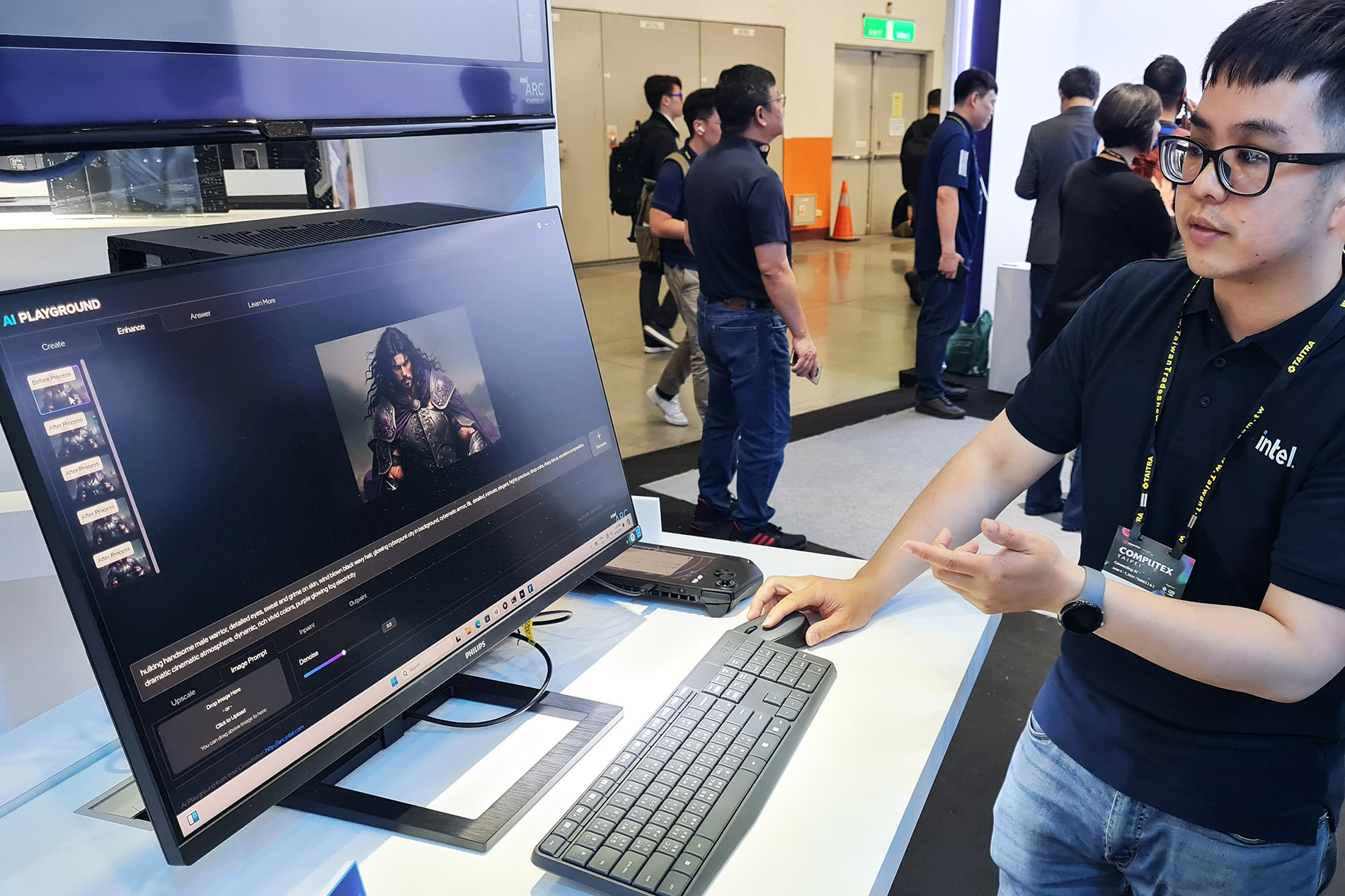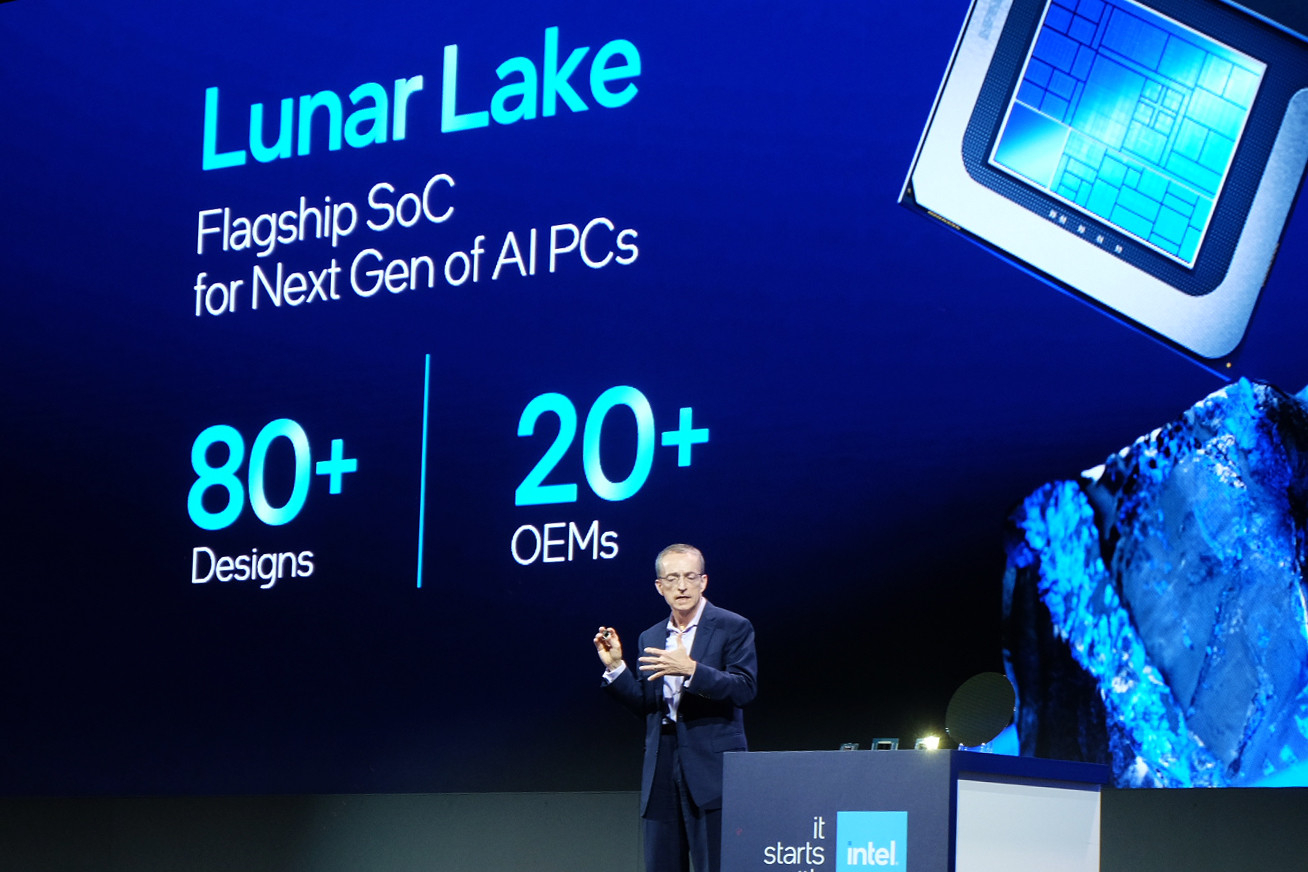In the context of AI computers being predicted to take over, computer chips are being developed in the direction that best supports the development of artificial intelligence.
At Computex, Intel has just officially announced new technologies and architectures to promote the development of the AI ecosystem, from data centers, cloud computing, and networks, to devices. border area and PC.
Intel is one of the few companies in the world to fully innovate its AI product lines, from semiconductor manufacturing, to PCs, networks, edge devices, and central systems. data.
In just 6 months, the company has made technological leaps, from launching 5th generation Intel Xeon processors, to introducing the first processors of the Xeon 6 series, from introducing the Gaudi AI accelerator, to providing generative AI training and inference systems.

“AI is acting as a catalyst to drive one of the semiconductor industry's landmark eras of innovation,” said Pat Gelsinger, CEO of Intel. The magic of semiconductors is once again delivering remarkable innovations in computing, expanding the limits of human potential and fueling the growth of the global economy for years to come.”
As the digital transformation process takes place increasingly rapidly, businesses face pressure to renew old data center systems to save costs, achieve sustainable development goals, and maximize emissions. floor space and rack servers but still have to offer many features. The Xeon 6 platform and processors are designed to address these challenges.
At Computex, the first product of the Xeon 6 processor line, the Intel Xeon 6 E-core chip (codename Sierra Forest) has just launched on the market. Meanwhile, the Xeon 6 P-core chip (codename Granite Rapids) is expected to launch next quarter.

It is predicted that AI computers (AI PCs) will account for nearly 60% of new PCs sold by 2027, so beyond the data center, Intel is expanding its AI footprint on edge devices and in PCs.
According to Intel, AI PC is changing every aspect of user experience. The experience of using a computer is no longer simply about faster processing speed or thinner design. Instead, manufacturers must create devices that can continuously learn and evolve to anticipate user needs and adapt to their preferences.
In that context, Intel has officially announced details about the new Lunar Lake architecture, the flagship processor for AI PC. With breakthroughs in graphics, power savings and AI processing capabilities for thin-and-light computers, Lunar Lake delivers 40% higher SoC performance and 3 times faster AI processing capabilities. Lunar Lake is expected to officially reach consumers in the third quarter of 2024, right in time for year-end shopping.



